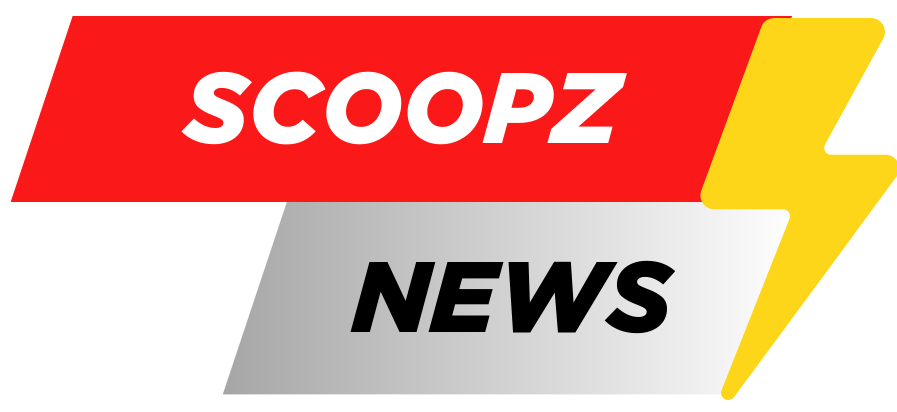The Oura Ring 4
Courtesy: Oura
LISBON — Samsung’s foray into smart rings isn’t concerning the boss of the product category’s pioneer, Oura — in fact, Tom Hale says he’s seeing a boost in business.
“I’m sure that a major tech company making an announcement saying: ‘Hey, this is a category that matters. It’s going to be something that’s big.’ I think it’s probably helpful,” Hale told CNBC in an interview this week.
“In terms of the impact on our business, it has made zero impact. If anything, our business has gotten stronger since their announcement.”
In a wide-ranging interview with CNBC at the Web Summit conference in Lisbon, Hale discussed Oura’s plans for new areas of insight it wants to give users, how he is thinking about new devices and the company’s intentions for international expansion.
Oura’s flagship product is the Oura Ring 4, a device known as a smart ring. It is packed with sensors that can track some health metrics, allowing Oura app users to learn more about the quality of their sleep or how ready they are to tackle the day ahead.
Founded in Finland in 2013, the company has been called a pioneer by analysts in the smart ring space. Oura said it has sold more than 2.5 million of its rings since it launched its first product. CCS Insight forecasts Oura will end the year with a 49% market share in smart rings.
Competition is starting to rear its head in the space. The world’s largest smartphone maker Samsung made its first venture into smart rings this year with the Galaxy Ring, which some analysts say has put the device category on the map and popularized it with a broader audience.
Hale is keen to position Oura as a “health company and a science company from the get-go,” with the aim of its product being “clinical grade.” Oura is seeking approval from the U.S. Food and Drug Administration (FDA) for its ring to be used for diagnostics, although Hale declined to provide too many further details.
He did say that Oura’s focus on health and science is what sets it apart from competitors.
“If you’re actually thinking [of] yourself as a healthcare company, it is very different in many ways and different postures you might take towards data privacy. … So instead of being like a tech company where data is some sort of oil to be extracted and then used to create some kind of advantage of network effects, we’re really a healthcare company where your data is sacrosanct,” Hale said.
Oura’s business model relies on selling the hardware, as well as on a $5.99 monthly subscription service that allows users to get the insights from their ring. Oura says it has nearly 2 million subscribers.
“We look more like a software company than we do look like a hardware company. And I think that’s a function of the business model, and the fact that it’s working. Our subscribers are continuing to pay,” Hale said.
Oura eyes nutrition as next ‘pillar’
Oura takes the data gathered by the ring to provide insight to its users, focused on a person’s levels of sleep, activity and readiness to take on the day.
Hale said the company is now testing out nutrition, with users able to take a picture of their meal and log it into the Oura app. Also in the nutrition space, he highlighted Oura’s recent acquisition of Veri, a metabolic health startup that can take data from continuous glucose monitors — small devices inserted into a person’s arm — to give insight into someone’s blood sugar levels. Hale says that this, combined with Oura’s food tracking feature, could tell a user how certain meals affect their glucose levels.
Many glucose monitors today are invasive and need to be inserted into the skin. Some observers see a non-invasive glucose monitor on wearable gear as something that could be transformative — but Hale warns this is a difficult goal to achieve.
“The idea that a wearable [device] will get there, I think, has definitely been a Holy Grail, and like the Holy Grail, they may never find it, because it’s a very difficult problem to solve with any kind of accuracy,” Hale said.
“Never say never. Certainly, technology continues to advance and all the capabilities continue to advance,” he added.
New hardware and AI
While Oura only sells rings currently, Hale sees the company developing new products in the future. He declined to elaborate.
“I think we’ll undoubtedly see other Oura-branded products, beyond the ring,” he promised.
He also said the company hopes to work with other devices as well, even if they are not Oura’s own hardware.
Like many hardware companies, such as Apple and Samsung, Oura is looking at ways it can use the advancing capabilities of artificial intelligence to give users more personalized insights. Smartphone makers have spoken about so-called “AI agents,” which they see as assistants that are able to anticipate what a user wants.
Oura is testing out an AI product called Oura Advisor in a similar vein.
“Think of it as the doctor in your pocket that knows all the data about you,” Hale said.
International push
Hale‘s presence at the Web Summit in Lisbon underscores his push to raise Oura’s brand awareness in markets outside of the U.S., especially as more people learn about smart rings.
“I think the point about the category being something that people are learning about, the unique benefits of that maturity, is in our favor. We’re expanding internationally,” Hale said.
He said he is particularly “excited” about venturing into Western Europe, including in countries like the U.K., Germany, France and Italy. Looking even further forward, Hale said an initial public offering for the business is not currently on the table, adding that operating as a private company gives Oura more “freedom.”
“I really enjoy the freedom that we get as a private company. We’re accountable to our investors and our shareholders, but they’re willing to let us operate with a lot license,” he said. “And if we decided we wanted to turn unprofitable because we wanted to invest in owning some category of healthcare software, it’ll be fine. They would be happy for that.”




